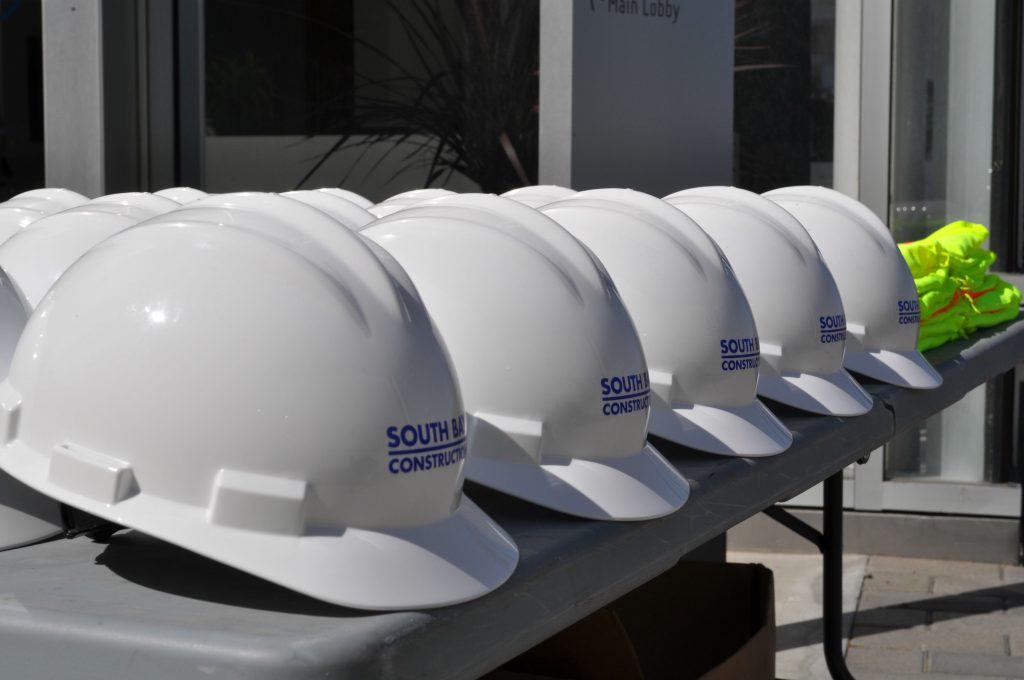
Building Better Relationships: What Contractors Wish Architects Knew About Construction
It may come as no surprise that architects and contractors are sometimes at odds with one another. Architects put forth painstaking efforts to bring their complex design ideas into reality. They may feel that contractors do not always successfully bring that vision to life, whether through budgetary constraints or lack of aesthetic appreciation. Contractors, on the other hand, work hard to manage a construction project, staying within schedule and budget from groundbreaking through grand opening. They may feel that architects place too much emphasis on design that is impractical and expensive to implement. At times, these two battling perspectives can create tension between the two parties. The tension can lead to miscommunication and misunderstanding resulting in time delays and costly mistakes that affect the overall success of the project.
However, it doesn’t have to be this way. In fact, the success of each building project depends on a positive and productive contractor-architect relationship. Rather than focusing on the differences, building relationships based on open communication and shared perspectives will help ensure a more streamlined project.
Five Things Contractors Wish Architects Knew
The architect and contractor share the common goal of wanting to complete a project successfully. This success begins with a healthy working relationship based on effective communication and an understanding of one another’s perspectives. These five insider tips give architects insight into what contractors want them to know:
-
Newer Does Not Necessarily Mean Better
There are always new products on the market, but this does not necessarily mean that they work better than the old products. Yes, some of these products can be truly beneficial. However, history has shown that using new products before they have withstood the test of time and science can actually be harmful. Asbestos, lead paint, and Polybutylene are just a few examples. Relying on materials and techniques that have been field-tested over time with positive results can be safer, more trustworthy and more cost-effective in the end.
2. Ask for Advice from Experts When Needed

Though we all want to excel at every aspect of our job, it is important to recognize limitations and call on an expert when a specialized understanding is required. For instance, if working on a design project involving historic masonry, it may be crucial to the project’s success to call in a masonry consultant to discuss industry standards, materials and techniques. Most professionals are willing to offer their advice, which will not only make specifications more accurate, but also simplify the construction process further down the line.
-
Focus on the Details
Architects spend long hours measuring, drawing, and re-measuring to produce precise angles and other specifications. Though this work may be laborious, the precision is vital to the success of every project, no matter how big or small. Contractors have to execute the architects’ specifications as precisely as they can. Therefore, the architects’ dedication to the details can again help contractors do a better job, as they have very little say in the early specifications.
-
The Architect-Contractor Relationship is Most Important
Though it may be difficult to entrust someone else with bringing the architectural vision to life, the architect-contractor relationship is vital to the success of a project. A poor architect-contractor relationship may result in strained communication and conflict, potentially resulting in delayed construction, exceeded budgets, or even an unfinished building. It is essential for the architect and contractor to work together to maintain open communication and mutual respect.
-
Don’t Treat Contractors Like a Commodity

It may be tempting to view contractors as a commodity—to shop for construction services much like shopping for a new car—going from one dealer to the next with a singular focus on getting the best price as opposed to the best value. This outlook can be detrimental. Like when shopping for a new car, it is important to consider the long-term value and the best lifestyle fit rather than just the bottom line. Who will best be able to bring the architectural vision to life within the client’s budget?
Bridging the Architect-Contractor Relationship Gap

With these insights into how their design impacts the construction phase of their projects, architects can better understand where contractors are coming from and get to know their concerns and challenges. Of course, this works both ways as contractors also need to understand architects’ viewpoints and challenges. By keeping an open line of communication, contractors and architects can help bridge the gap between these two essential phases of a building project and work to develop more efficient processes that lead to successful construction builds.
Download Your FREE Guide Today
Looking for more insider tips on how to best work with general contractors? Check out our FREE downloadable guide, FIELD NOTES: AN ARCHITECT’S GUIDE TO CONTRACTORS. Inside you’ll find everything you need regarding insider topics, budgetary tips, communication protocols and much more.



